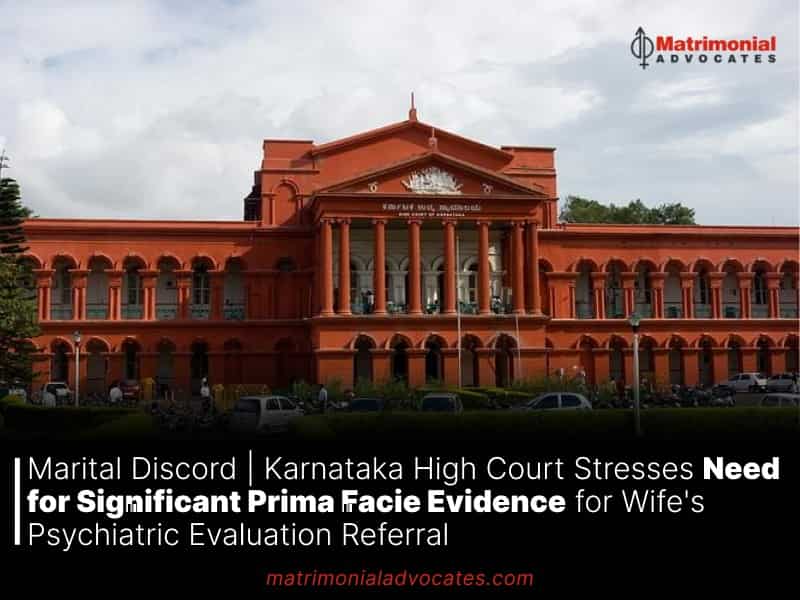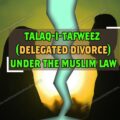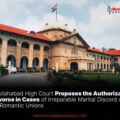
The Karnataka High Court underscored the importance of substantial prima facie evidence in cases where a husband, in pursuit of divorce, seeks to have his wife undergo a psychiatric evaluation by a Board of Psychiatrists, expressing concerns about her mental well-being.
In a ruling delivered by Justice M Nagaprasanna, presiding as a single judge, the court dismissed a husband’s plea contesting a family court’s decision, which had temporarily halted his request to refer his wife for a psychiatric assessment by a Board of Psychiatrists at NIMHANS. Additionally, the court imposed a Rs 50,000 fine on the petitioner (the husband), to be paid to the wife.
It said “It is not the law that once such an application is filed it should be straight away accepted and matter should be referred for such test. There should be strong prima case ground and sufficient material. The sufficient material, in the case at hand, is against the petitioner.”
The marital union commenced on November 26, 2020. As time passed, the couple encountered various grievances and disputes. Allegedly, on January 28, 2021, the petitioner asserts that the wife relocated to her parents’ home, taking her belongings, and has not returned to the petitioner’s side since then.
On June 14, 2022, the wife lodged a complaint at the K.P. Agrahara Police Station, accusing the petitioner/husband of offenses under Section 498A of the IPC, alongside Sections 3 and 4 of the Dowry Prohibition Act. Subsequent to an inquiry, law enforcement filed a charge sheet against the petitioner.
Concurrently, the petitioner initiated proceedings for the dissolution of the marriage in the Family Court, citing cruelty as grounds for annulment. During these legal proceedings, an application was filed under Order XXVI Rule 10A of the Civil Procedure Code, advocating for the referral of the wife to NIMHANS for a comprehensive psychiatric evaluation.
The petitioner argued that evidence suggests the wife’s mental instability, referencing an outpatient assessment at Victoria Hospital, where a physician determined her mental age to be 11 years and 8 months, with borderline intelligence. He contended that if she lacks mental stability, appropriate intelligence, and is below the legal age, the marriage should be deemed null and void.
In rebuttal, the wife opposed the petition and provided documentation to the court, highlighting her endeavors as a singer and educator. She also disclosed her enrollment at Government Polytechnic for Women to pursue further education, having successfully completed numerous technical examinations. She questioned how someone with such achievements could be evaluated as having a mental age of 11 years and 8 months.
The bench referring to the alleged note written by the wife indicating of her admitting to be of unsound mind said “The said note stated to be that of the 1st respondent is undated and does not contain to whom it is addressed.”
Further, referring to the out-patient slip of Victoria hospital it said “All these would be a matter of evidence. This would not ipso facto mean that the 1st respondent is mentally unsound. The wife has produced a plethora of documents to demonstrate that she is highly talented and has been participating in several cultural competitions and has earned several encomiums. A perusal of all of which would clearly indicate that the husband is trying to prepare a platform in his favour for seeking annulment of marriage before the concerned Court. No fault can be found with the impugned order passed by the concerned Court dated 28-07-2023.”
Relying on Apex court judgment in the case of SHARDA v. DHARMPAL, (2003) 4 SCC 493, the court held “It is rather unfortunate that by seeking annulment of marriage, the husband has sought to project the wife being of unsound mind, her intelligence is at 11 years and 8 months and seeks to contend that the marriage itself is void and a fraud is being played by the respondents on the petitioner on the score that if the mental age of the wife is not that of 18 years of age, the marriage is void. Such submissions are noted only to be rejected, as the husband has not preferred a petition before the concerned Court invoking mental unsoundness of the wife, but it is on cruelty.”





